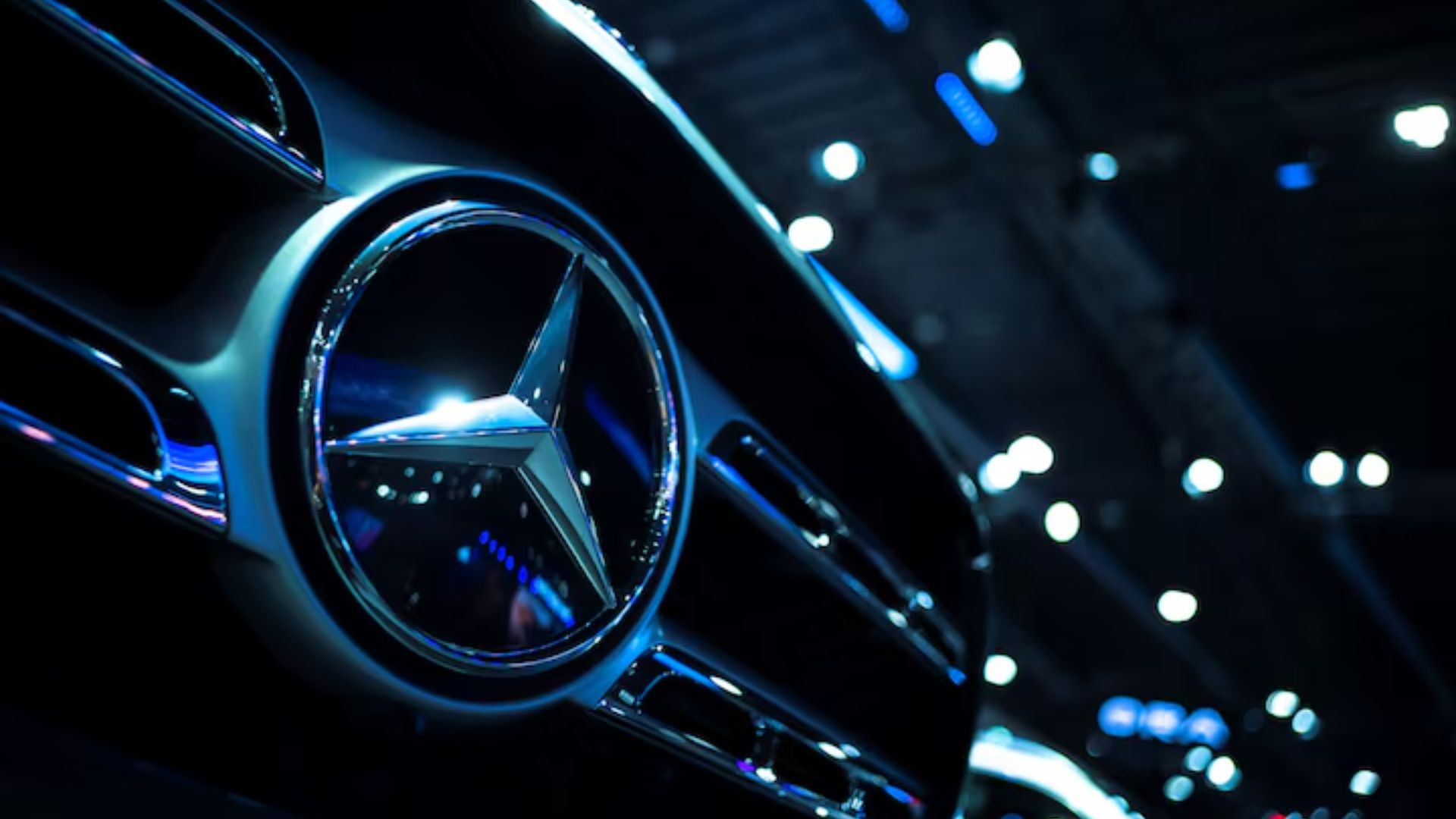Summary
- Adjusted return on sales forecast now 10-11% from 10-12%
- Group earnings before tax down 19% in Q2
- Mercedes facing tough competition in China
- Company says new models should boost sales
- Shares down 1.4% in early trade
(Reuters) – Mercedes-Benz lowered its annual profit margin forecast after weak second quarter sales and earnings on Friday but expects new models to help it battle stiff competition in China in the second half of the year.
German automakers have been struggling with lacklustre demand for EVs, coupled with tough local competition in China, supply bottlenecks and persistently high interest rates.
Mercedes said it expects plug-in hybrid sales to rise in the second half of 2024 as the industry in Europe and the U.S. sees stronger demand for hybrid models, while EV sales have lagged expectations.
The carmaker expects an adjusted return on sales in the range of 10-11% this year, down from its previous target range of 10-12%.
The lower outlook sent the company’s shares down 1.4% in early trading.
Bernstein analysts wrote in a client note that while some investors had expected a profit warning, Mercedes merely trimming its margin forecast “will likely be met with relief.”
The company’s cars division achieved a 10.2% return on sales in the second quarter, while its adjusted earnings came in below analyst expectations.
Mercedes reported a 6% drop in sales in the first half, with electric vehicle sales falling 17%.
“Overall, Mercedes execution has recovered, but overall sales, and top end sales mix have remained weak,” Citi analysts wrote in a client note.
Mercedes said the economic outlook was marked by uncertainty, adding that it saw improving market sentiment in Europe and “solid momentum” for sales and demand in the U.S. market.
However, it has a “cautious view” on China, where it expects strong competition in its entry-level and core model segments, while it “seeks to successfully defend its leading position” of top-end car models.
CEO Ola Kaellenius told investors in a conference call that the automaker will continue its flexible approach to offer consumers both fossil-fuel and electric models based on demand.
But he said the company has to compete with EVs in China because of the pace of adoption of electric models in the world’s largest car market.
“That’s a race you’ve got to be in,” Kaellenius said.
The group reported a 27.5% fall in adjusted earnings in its car division in the second quarter, against LSEG’s estimate of a 26% decline.
At group level, earnings before interest and taxes (EBIT) dropped in the quarter by 19.1% in line with LSEG’s consensus.
Reporting by Andrey Sychev, Victoria Waldersee and Nick Carey; Editing by Tomasz Janowski, Elaine Hardcastle











